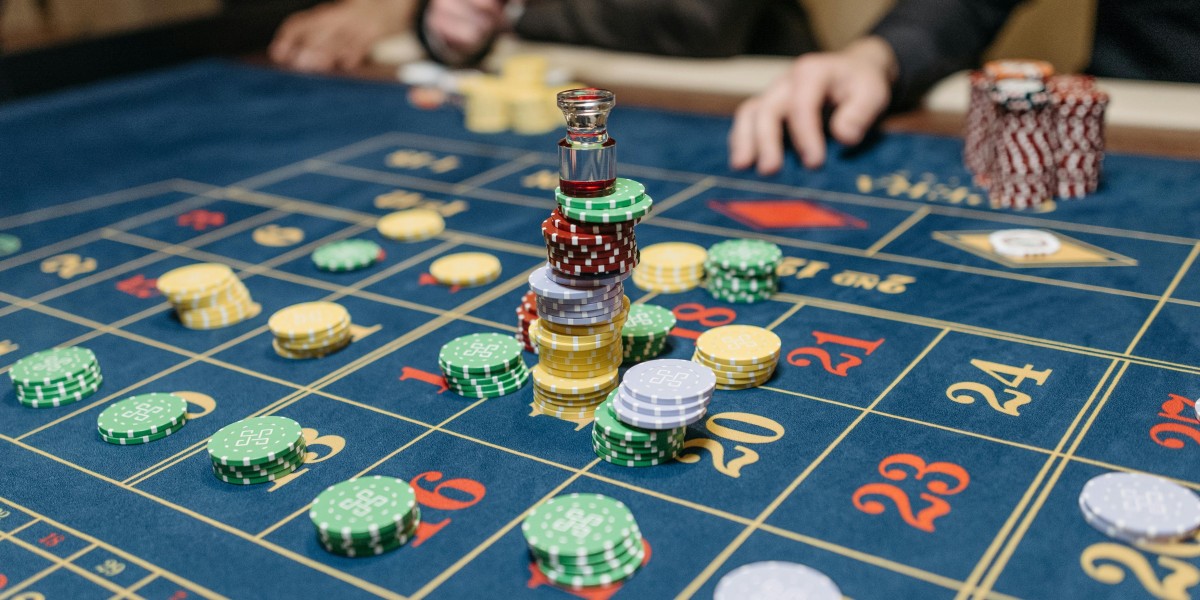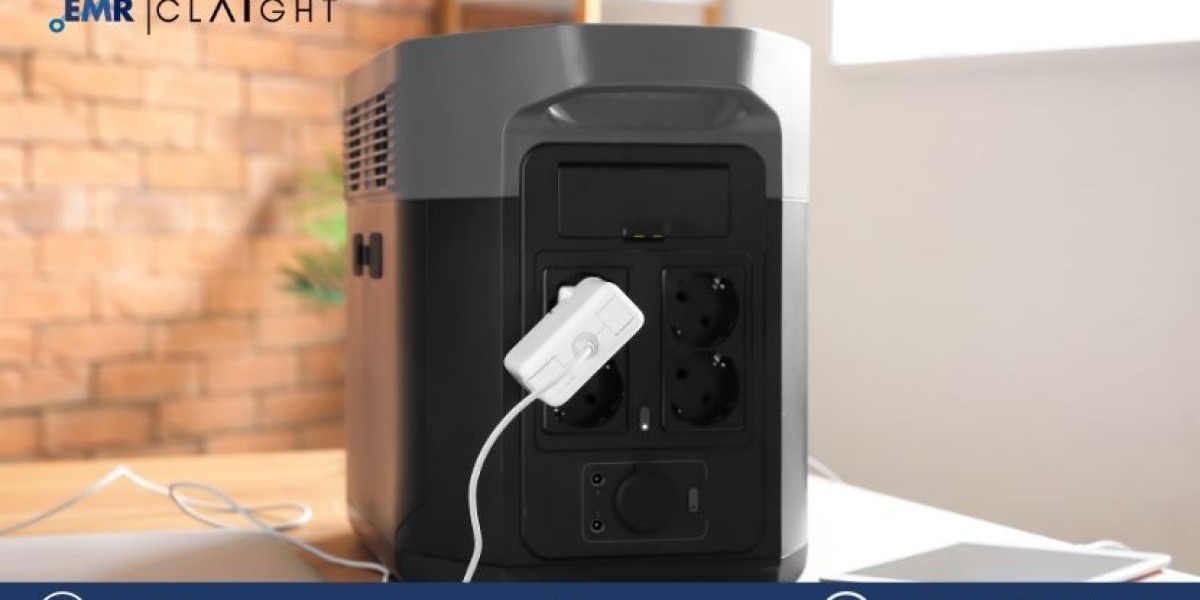Slot machine addiction is a behavioral addiction. It doesn’t involve a substance like drugs or alcohol, but it triggers the same reward pathways in the brain. When someone wins on a slot machine, the brain releases dopamine—a feel-good chemical associated with pleasure and reward. Over time, frequent players may become hooked not just on the money, but on the rush and excitement that comes with each spin, even if they’re losing more than they’re winning.
One of the reasons slot machines are so addictive is because they are carefully designed to keep people playing. Modern machines use a system called “random number generation” to determine the outcome of each spin. This means that each result is unpredictable and unrelated to the previous spin. Players may believe they are "due" for a win, or that a jackpot is "just around the corner," but in reality, every spin has the same odds, and the house always has an edge.
In addition to randomness, slot machines use a psychological tactic known as "near misses." This happens when the reels stop just one symbol short of a big win, tricking the player into thinking they were very close to hitting the jackpot. These near misses create a sense of hope and encourage players to keep trying, even though their chances of winning remain low. This reinforcement, along with celebratory sounds and visual effects for small wins, contributes to a powerful illusion of control.
Another factor that makes slot machines particularly dangerous is their speed. Unlike table games like poker or blackjack, slot machines allow for rapid play. A person can make hundreds of bets in a single hour. The faster the play, the more money is lost, and the quicker a person can become hooked. Add to that the availability of slot machines online—accessible 24/7 from smartphones and computers—and it’s easy to see how gambling can spiral out of control.
The consequences of slot machine addiction can be devastating. Many individuals spend more than they can afford, falling into financial trouble. Some take out loans, borrow from friends and family, or even engage in illegal activities to support their gambling habit. Relationships suffer, careers are jeopardized, and mental health deteriorates. People with gambling addiction often experience depression, anxiety, guilt, and shame. In extreme cases, gambling addiction has been linked to suicidal thoughts and behaviors.
Despite the risks, many people struggling with slot machine addiction find it hard to quit. The addiction is often hidden because gambling doesn’t leave visible signs like drug or kilau4d alcohol abuse. Someone may appear normal on the outside while secretly spending hours in front of a machine or draining their bank account on a gambling app. The secrecy and stigma surrounding gambling problems make it difficult for people to seek help.
However, recovery is possible. Many treatment options are available for those suffering from gambling addiction. Cognitive Behavioral Therapy (CBT) is one of the most effective approaches, helping individuals recognize their harmful thought patterns and behaviors and replace them with healthier habits. Support groups like Gamblers Anonymous provide a space for people to share their experiences and gain strength from others facing similar challenges. In some cases, financial counseling is also necessary to help people manage debts and rebuild their lives.
Governments and gambling operators also play a role in reducing harm. Some countries have introduced stricter regulations, such as mandatory time limits on machines, self-exclusion programs, and warning messages displayed during play. Online platforms may offer tools for setting betting limits or tracking spending habits. While these measures can help, they are not foolproof, and ultimately, awareness and personal responsibility are key.
Understanding the truth about slot machine addiction means looking beyond the flashing lights and big wins. It means acknowledging the psychological traps, the emotional highs and lows, and the real human cost of compulsive gambling. Education and open conversation are vital in breaking the stigma and helping those in need. Slot machines may look like games, but for many, they become traps that are hard to escape. By shedding light on the reality of addiction, we can take steps toward prevention, support, and healing.








